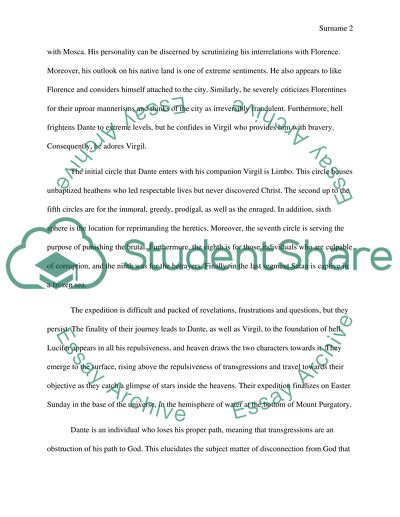Cite this document
(“Dante's Inferno Research Paper Example | Topics and Well Written Essays - 1250 words”, n.d.)
Retrieved from https://studentshare.org/literature/1454615-dante-s-inferno
Retrieved from https://studentshare.org/literature/1454615-dante-s-inferno
(Dante'S Inferno Research Paper Example | Topics and Well Written Essays - 1250 Words)
https://studentshare.org/literature/1454615-dante-s-inferno.
https://studentshare.org/literature/1454615-dante-s-inferno.
“Dante'S Inferno Research Paper Example | Topics and Well Written Essays - 1250 Words”, n.d. https://studentshare.org/literature/1454615-dante-s-inferno.


